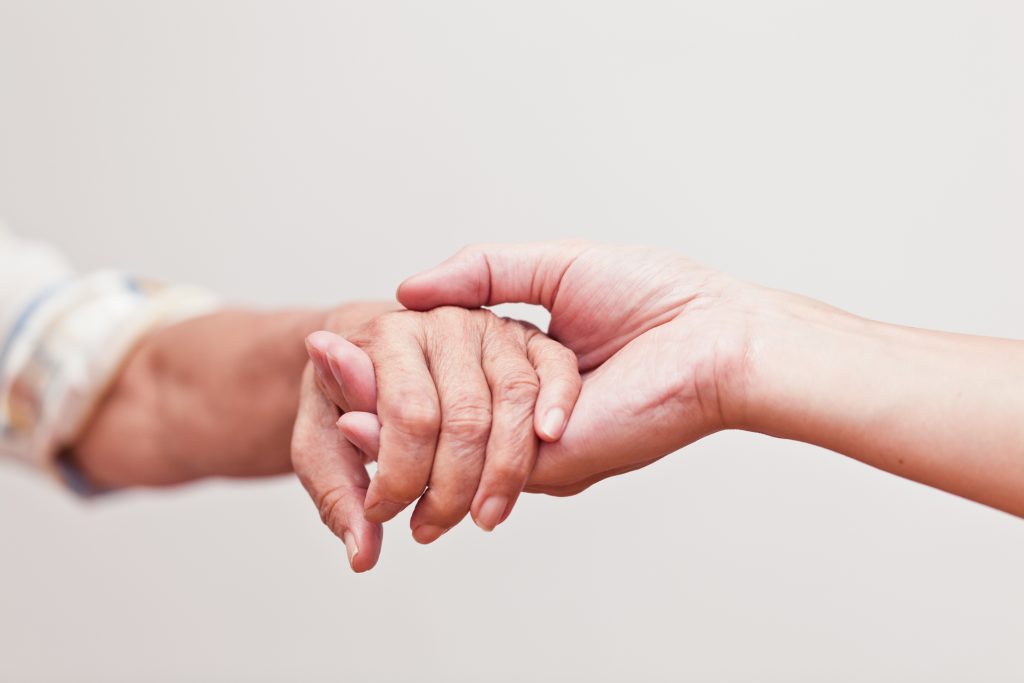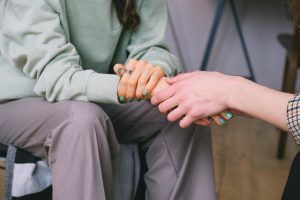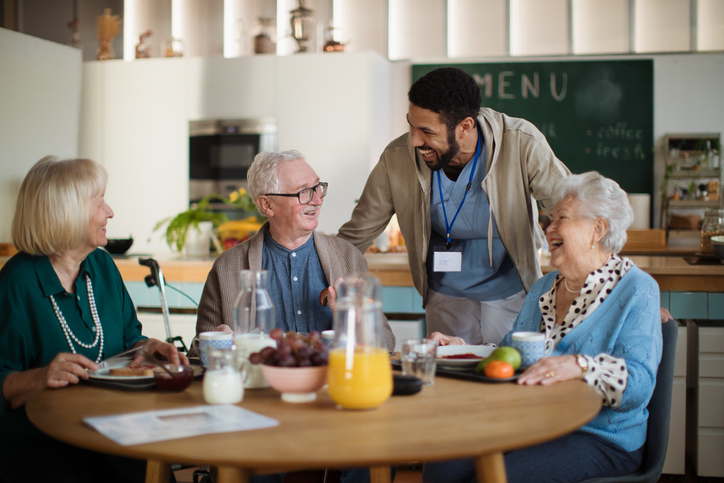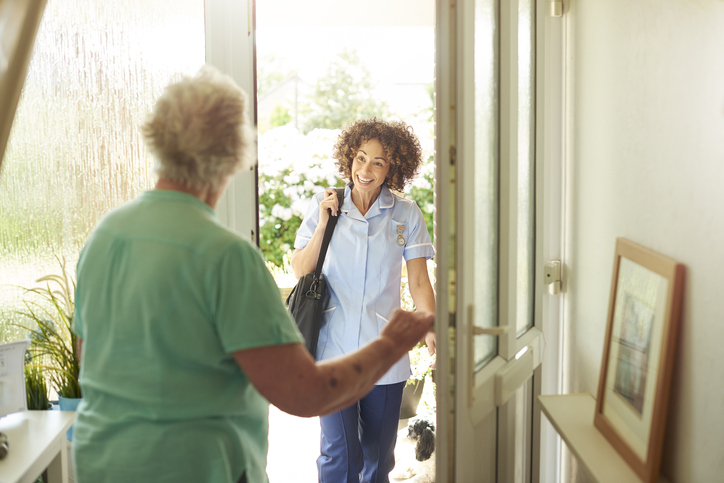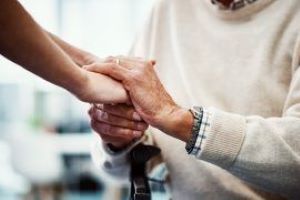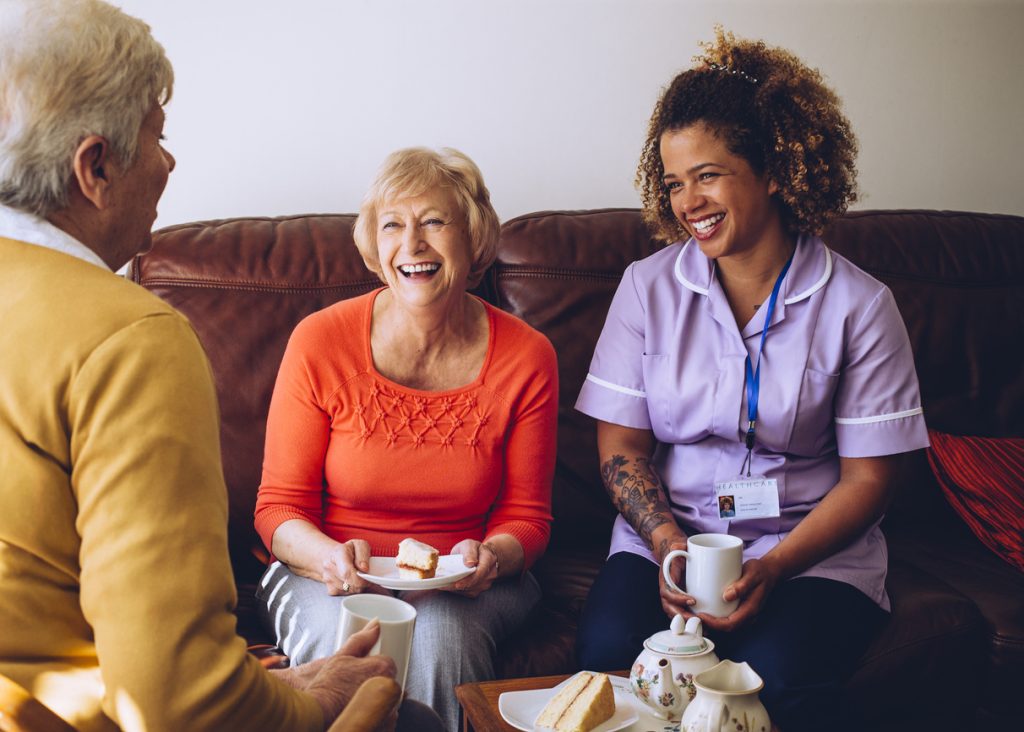For many people in the UK, the rollout of the COVID-19 vaccination programme offers a glimpse of light at the end of the tunnel.
For the elderly and vulnerable members of our society who have shielded for almost an entire year now, the vaccine offers protection from a virus that has taken so many. For the rest of the population, the vaccine means our loved ones are protected, and the potential for society to return to normality at some point.
Understandably, many people in the priority groups 1 – 4 for the vaccine are anxiously awaiting news on when they themselves can be vaccinated. Unfortunately, this has also led to an increase in criminals targeting these individuals with scams requesting personal and financial information. In this guide, we’ll show you what to look out for and how to avoid becoming a victim of one of these scams.
Who are the priority groups for the COVID-19 vaccination?
The priority groups that the government is aiming to offer the first dose of the COVID-19 vaccine to by 15th February are:
- Residents in a care home for older adults and their carers
- All those 80 years of age and over and frontline health and social care workers
- All those 75 years of age and over
- All those 70 years of age and over and clinically extremely vulnerable individuals
COVID-19 Vaccine Scams
As of January 10, Action Fraud had received 65 reports of scams in relation to coronavirus vaccines. These scams can include:
- Text messages requesting recipients to fill out an application form to receive the vaccine
- Voice calls asking for a fee or bank details
- Emails asking recipients to fill out a form with personal details and bank information to register to the vaccine
Regardless of the format of these scams, the main aim stays the same: criminals want the recipient of the scam to share their personal details, including bank information to then extract money from their bank account.
They do this by convincing victims that they need to register and pay for the vaccine in order to receive it. Unfortunately, with COVID-19 being such an emotional subject matter for so many people, particularly in these more vulnerable groups, some people are falling victim to these scams in the rush to get themselves vaccinated.
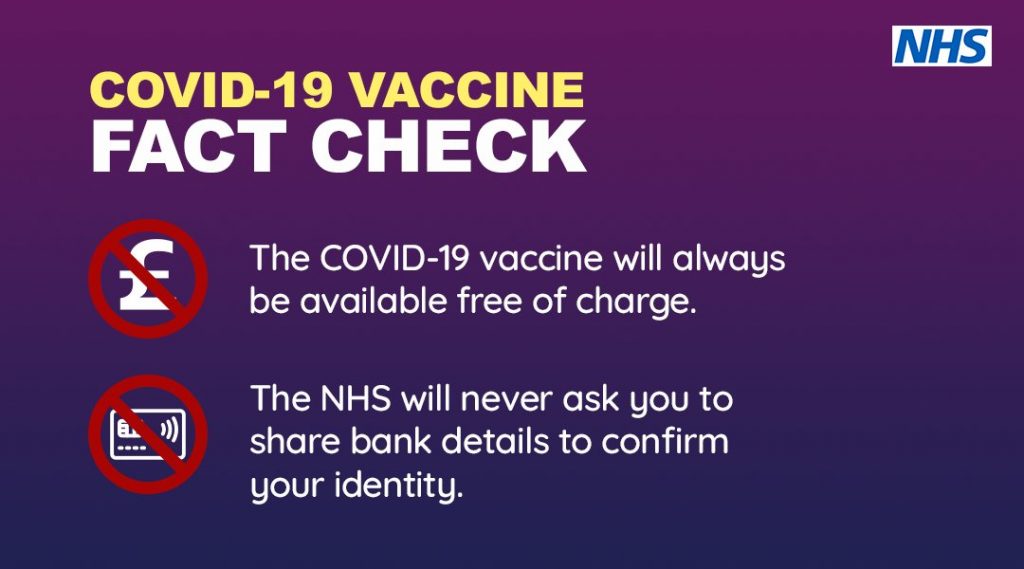
What you need to know
If you have received an email, phone call, or text message telling you to register for the COVID-19 vaccine, here’s what you need to know:
- The COVID-19 vaccine is free of charge, and at no point will you ever be asked to pay for it
- Your GP will contact you when it is your turn to get the vaccine – you do not need to register yourself if you are in one of these priority groups as you will already be registered so in the system
What to look out for
Be on the lookout for key indicators that will show you whether you have received a legitimate message from the NHS or a scam. Remember, these messages will be designed to look convincing, so don’t take anything that looks official at first glance at its word.
Key things to look out for include:
- You are being asked for your bank details: Remember, you will never be asked to pay for the coronavirus vaccine, so no official message will ever ask you to provide your payment details.
- Check the URL of any website you are being directed to. If it is not an official NHS website and does not have a ‘Secure’ padlock icon on the left-hand side of the URL bar, it is likely a scam website.
- Poor grammar or misspelling: Scams will usually have a word or two that are misspelled, or the sentences in general will lack proper grammar. These are key indications that you are not receiving a legitimate message.
❗ Beware of scam text messages claiming to be the NHS, inviting you for a COVID-19 vaccine.
— Dr Frank Atherton (@CMOWales) January 27, 2021
The NHS may invite you for a vaccine by text, but they’ll NEVER ask for bank details.
Check website URLs and the number of any text you receive.
Forward suspicious texts to 7726 pic.twitter.com/fpHKdlGxdd
Related posts:
- How Can The Hidden Disabilities Sunflower Lanyard Scheme Help During COVID19?
- Staying Safe When Travelling After COVID-19 If You Have A Disability
- New Research Shows An Additional 4.5million People Have Become Unpaid Carers Due To The COVID-19 Pandemic
- Can You Still Use Self-Storage During The Coronavirus COVID-19 Outbreak?
